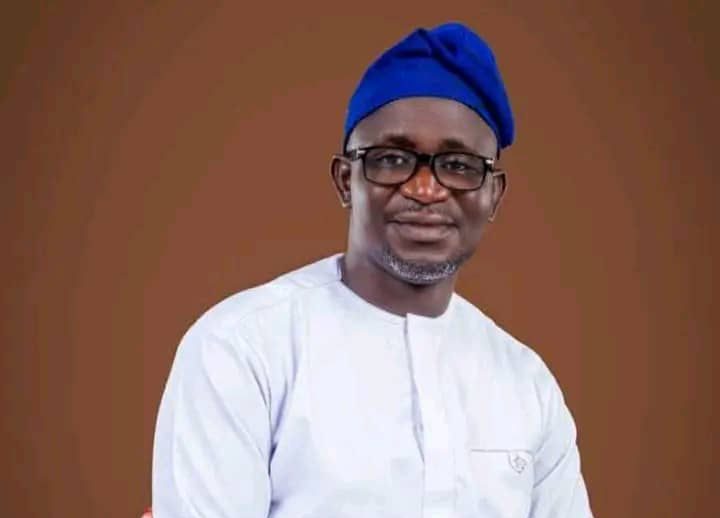The Tamale Teaching Hospital (TTH) finds itself at the epicenter of a burgeoning healthcare crisis following the dismissal of its Chief Executive Officer, Dr. Adam Atiku, and the subsequent appointment of Dr. Abubakar Bawah Abdulai. This leadership transition, triggered by the tragic death of a patient due to equipment failure, has ignited a firestorm of controversy, exposing deep-seated concerns about political interference, resource allocation, and the overall state of Ghana’s healthcare system. The incident has not only sparked public outrage but has also drawn sharp criticism from the medical community, raising questions about due process and the potential for political motivations behind the dismissal.
The controversy began with the death of Bavug Salim, a patient who reportedly succumbed to his condition due to the unavailability of a functioning ventilator in the TTH’s emergency department. This tragic event prompted an unscheduled visit by Health Minister Kwabena Mintah Akandoh, which quickly escalated into a public confrontation with Dr. Valentine Akwulpwa, the head of the Accident and Emergency Unit. The minister’s visit, captured on video and widely disseminated on social media, showcased a tense exchange, further inflaming public sentiment and raising concerns about the hospital’s management and resource allocation. The incident brought to the forefront long-standing grievances about the state of healthcare infrastructure and the challenges faced by medical professionals in delivering adequate care.
The dismissal of Dr. Atiku in the immediate aftermath of the Minister’s visit has been met with strong condemnation from the Ghana Medical Association (GMA). The GMA has characterized the dismissal as procedurally flawed and politically motivated, arguing that proper protocols were not followed. Their statement criticizes both the Health Minister and Alhassan Suhuyini, the Member of Parliament for Tamale North, for their conduct during the hospital visit, demanding a public apology and a reaffirmation of respect for established administrative processes. The GMA’s intervention highlights the broader concern within the medical community about political interference in healthcare management, potentially undermining the autonomy and professional judgment of healthcare providers.
Into this charged atmosphere steps Dr. Abubakar Bawah Abdulai, a respected figure from the University for Development Studies (UDS), appointed by President John Dramani Mahama to take the helm of the embattled TTH. Dr. Bawah Abdulai assumes leadership at a critical juncture, inheriting a hospital grappling with internal unrest, public scrutiny, and a pressing need for improved infrastructure and resources. His appointment is being closely watched by healthcare professionals and the public alike, as he faces the daunting task of restoring stability and public confidence in the institution. His leadership will be crucial in navigating the complex political and administrative landscape while addressing the urgent need for enhanced healthcare services.
The incident at TTH and the subsequent fallout have cast a harsh spotlight on the broader challenges facing Ghana’s healthcare system. The lack of essential equipment, such as functioning ventilators, underscores the critical need for increased investment in healthcare infrastructure. The public confrontation between the Health Minister and the head of the emergency unit highlights the strain on healthcare professionals and the urgent need for improved working conditions and resources. The GMA’s condemnation of the dismissal underscores the importance of upholding due process and respecting the professional autonomy of medical practitioners. This incident serves as a stark reminder of the systemic issues that need to be addressed to ensure quality healthcare for all citizens.
Dr. Bawah Abdulai’s appointment represents an opportunity for positive change at TTH. He faces the significant challenge of rebuilding trust within the hospital and the wider community. His success will depend on his ability to address the immediate concerns regarding resource allocation, staff morale, and public perception, while also working towards long-term solutions for strengthening the healthcare system. The future of TTH, and indeed the broader healthcare landscape in Ghana, hinges on the effective collaboration between healthcare professionals, government officials, and the public in addressing these critical issues. The hope is that this incident, while tragic, will serve as a catalyst for much-needed reforms and improvements in the healthcare sector.














